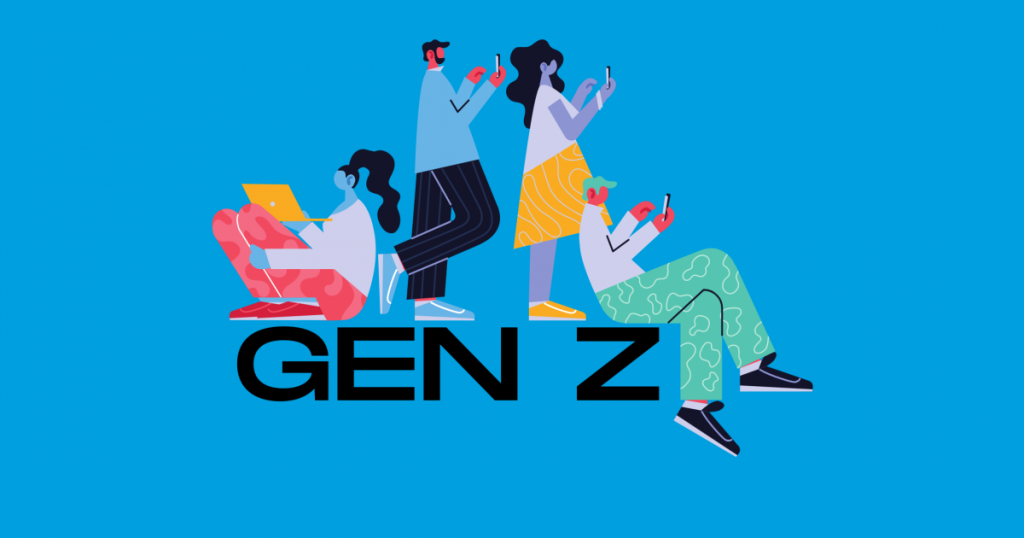Recent data from the HR platform Gusto indicates that Generation Z employees are taking more paid sick days compared to previous generations. Gusto, which supports over 300,000 U.S. businesses, reports that approximately 30% of employees took sick leave in the first ten months of 2023—a staggering 42% increase from 2019. Additionally, the average time off has increased by 15%, now standing at an average of 15.5 hours per year. This trend highlights a fundamental generational shift in attitudes toward health and work-life balance, particularly among those born between the mid-to-late 1990s and early 2010s.
Unlike their predecessors, Gen Z places a higher priority on rest and recovery. They are more inclined to stay home when unwell, reflecting a more nuanced and health-conscious approach. This generation is not only mindful of potential physical health implications but is also increasingly aware of the communicative impact of illness in shared workspaces. Career coach Dr. Kyle Elliott points out that Gen Z views sick days as important for both physical and mental health, suggesting that their understanding of well-being extends beyond traditional boundaries. As Elliott notes, having a sense of meaning and purpose beyond one’s job facilitates the decision to take sick leave when necessary.
In the workplace, this generation is shifting the conversation around what sick leave entails. With the rise of mental health awareness, Gen Z workers are more likely to use sick days for managing stress or burnout, which they recognize as critical components of overall health. They prioritize their well-being, believing that taking time off when needed is essential to their productivity and happiness. Exclusive data from the Top Employers Gen Z survey underscores this sentiment, where 81% of respondents asserted that employers have a responsibility to support their physical health, while 83% advocated for psychological support as well. This reflects a growing expectation for workplaces to nurture their employees’ holistic health.
The emphasis on work-life balance is another crucial factor contributing to Gen Z’s increased sick leave. Many among this generation believe that life encompasses more than just work, which translates into their reluctance to power through sickness. Dr. Marc Siegel, a senior medical analyst, posits that this uptick in sick leave could also be tied to rising burnout levels and a diminishing sense of career commitment among young people. He suggests that as mental health issues like anxiety and depression become increasingly common in modern society, individuals are more prone to take ‘mental health days’ as a means of cultivating a greater balance between professional obligations and personal lives.
The post-pandemic landscape has further amplified these trends, with many employees reevaluating their work-life dynamics in light of increased mental health challenges. The pressures of contemporary work environments, combined with external societal stressors, have led to a need for workers to prioritize self-care. This collective shift indicates that the traditional concept of sick leave is being redefined. For Gen Z, sick days are not merely seen as a last resort; they represent a proactive approach to ensuring long-term health and well-being.
In summary, the data collected points to a significant cultural shift in how Generation Z interacts with the concept of paid sick leave. By adopting a more health-centric approach, this generation is challenging longstanding norms in the workplace. As they redefine the purpose and usage of sick days, expectations for employer support in both physical and mental health are rising. The interplay of increased awareness surrounding well-being, societal pressures, and evolving values about work-life integration suggests that Gen Z will continue to reshape workplace policies around health for generations to come.














